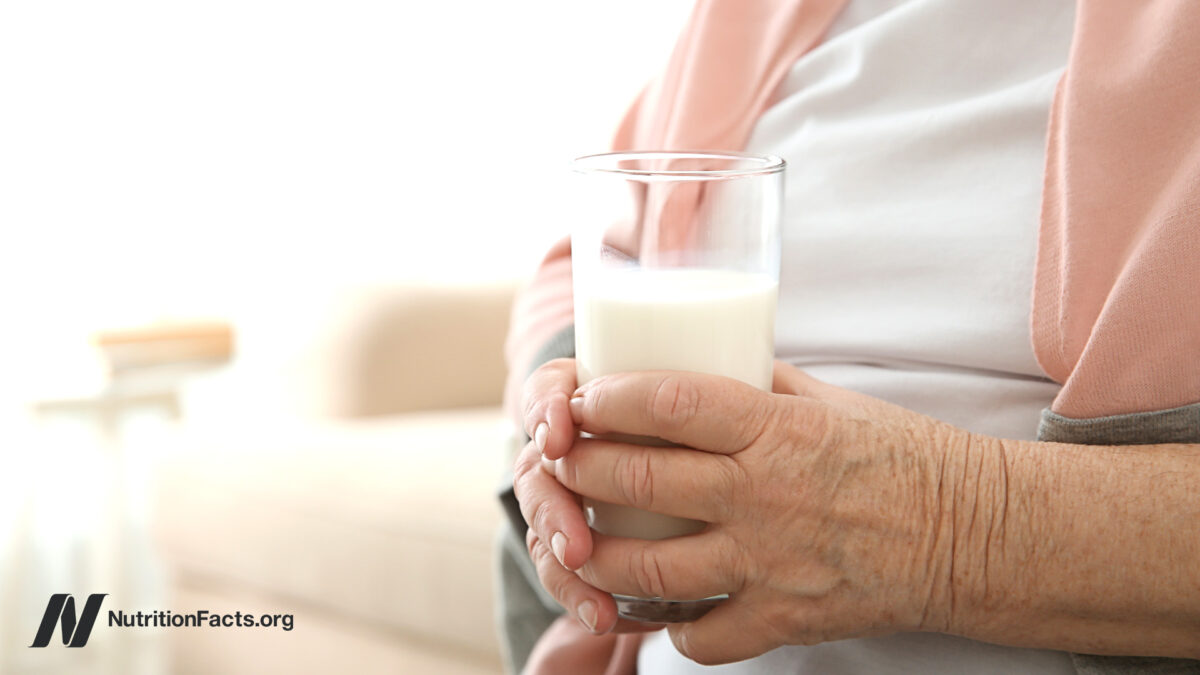Say hello to your most hydrated, dewy summer skin yet.
In this article, we explore hyaluronic acid, hyaluronic acid supplements, and how to truly hydrate your skin from the inside out.
What is Hyaluronic Acid?
Hyaluronic acid (HA) is a skincare superstar in so many serums, moisturizers, and sunscreens that hydrate and nourish the complexion topically. The compound occurs naturally within the body and keeps the skin supple and healthy, but it can make an even bigger impact (and do so much more than that) when used from the inside out.
“Hyaluronic acid hydrates and plumps the skin, supports healing by helping cells move and regenerate, reduces inflammation, and promotes new blood vessel formation,” says Jennifer Nicole Bianchini, MS, RD, IFNCP, RYT, a functional dietitian, mind-body wellness expert, and founder at Body to Soul Health. “It naturally increases during injury and repair, making it key for healthy, glowing, resilient skin.”
How to Hydrate the Skin From Within With Hyaluronic Acid
When ingested through foods and supplements, hyaluronic acid can expand beyond its topical skincare benefits and support deep and lasting hydration that ultimately supports overall health, too. “Consuming hyaluronic acid-rich foods and supplements helps replenish and support HA production in the body, enhancing your skin’s moisture from within,” Bianchini confirms. Additionally, Jenna Volpe, RDN, LD, CLT, says these foods and supplements can also enhance the effects of collagen by binding moisture to collagen in our skin.
There’s just one problem, though: Finding foods rich in HA isn’t as easy as it seems. “The best food source of hyaluronic acid is bone broth, which is made by simmering animal bones and joints in hot water for an extended period of time,” says Volpe. “This process is generally effective at extracting constituents such as hyaluronic acid and certain amino acids (building blocks of protein) from the joints of the bones.” In addition to bone broth, Bianchini says foods that support HA production or slow its breakdown in the body include citrus fruits, soy products, and magnesium-rich foods.
Citrus foods—especially oranges—contain naringenin, which can help prevent the breakdown of HA in the body. And soy products such as tofu, soybeans, and tempeh have phytoestrogens that increase HA in the skin. And, according to both Bianchini and Volpe, magnesium-rich foods (think: avocados, nuts, sweet potatoes, and dark leafy greens) “may help boost our natural production of hyaluronic acid,” says Volpe.

The Benefits of Hyaluronic Acid Supplements
Since HA isn’t as readily available in the foods we eat, hyaluronic acid supplements are an excellent way to hydrate the skin from the inside out. “They help boost hydration, improve skin elasticity, and support tissue repair,” says Bianchini. “HA has a unique ability to hold water and support it within a structure-like frame; therefore, it helps keep skin smooth, supple, and resilient over time.”
Taking a hyaluronic acid supplement, such as the HUM Nutrition Hyaluronic Glow Gummies, can also help support important skin functions that support the overall look and health of the skin, which Bianchini says plays a key role in maintaining a plump and healthy glow. And, as an added bonus, consistent use of a hyaluronic acid supplement can also minimize the look of fine lines “by helping the skin retain moisture more effectively.”
FAQs
Is Hyaluronic Acid Good for Your Health?
Hydration is key to overall health and, in addition to supporting the skin, hyaluronic acid can help keep the eyes and joints healthy. The compound can also lubricate the body’s connective tissues—aka, fascia—and plays a key role in keeping them functioning properly. Additionally, HA supports wound healing by encouraging blood flow and reducing inflammation. Some studies show that it can even aid in bone strength by supporting skeletal development and regeneration.
Is It Safe to Ingest Hyaluronic Acid?
“Hyaluronic acid is considered safe for more people, and adverse reactions are rare,” says Bianchini. That said, there are a few things worth considering before adding a HA supplement to your wellness (and beauty) regimen. “Since HA plays a role in cell growth and regeneration, anyone with cancer or a history of it should check with their doctor before taking it,” Bianchini adds. Hyaluronic acid is also a glycosaminoglycan (GAG), and Volpe notes that it may be considered a “fermentable carbohydrate polymer molecule, which can sometimes trigger or worsen symptoms of gas and bloating, especially among people with small intestinal bacterial overgrowth (SIBO) or a very compromised gut.”
Is Hyaluronic Acid OK to Take As a Supplement?
In addition to sipping bone broth and adding more foods that support HA production, supplementing hyaluronic acid is an easy way to boost your efforts. “Many studies have found that taking hyaluronic acid internally (from foods and supplements) can be effective at hydrating the skin from within,” says Volpe. She notes that HA supplements attract water and help it “bind to our skin cells in a way that promotes younger, healthier skin.” Some studies also confirm that taking HA supplements orally can significantly reduce wrinkles.
The Takeaway on Hyaluronic Acid Supplements and Skin Care
If you’re ready to hydrate from within, try the HUM Nutrition Hyaluronic Glow Gummies. These gummy supplements are made with both hyaluronic acid and vitamin C to support skin hydration and collagen production for a more supple-looking and glowing complexion with reduced fine lines.







